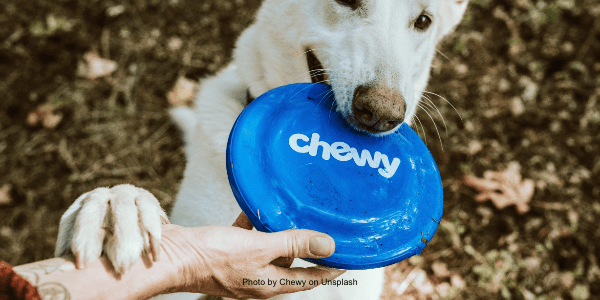Strategy Vs Belief (WT487)
Blog
Jordan was recounting a story where he had met with his mentor.
His mentor had given him some advice about how to resolve a situation.
As I listened to Jordan I couldn’t help but wonder about the success of the suggested strategy.
You see, I knew Jordan quite well.
I knew that he knew that the mentor’s advice was correct and that he should take the action as suggested.
I also knew that Jordan had a few limiting beliefs that were in direct opposition to the advice.
Here’s an example: Let’s say you want to increase your income by $10,000, $100,000 or $1,000,000. The amount is irrelevant. You learn some sales strategies. You learn how to advertise and market your business or yourself (if you’re employed) and after a while you start to get disappointed because nothing is working. You haven’t increased your income at all. You’ve taken the action as prescribed. You were given the strategy from someone who had successfully implemented it. Why then, didn’t it work for you?
The reason is because you have a limiting belief (maybe an unconscious belief) that “Money is hard to make” or similar.
Your beliefs trump any action you take. Your beliefs trump any strategy.
In this example, if you believe money is hard to make, then money will be hard to make. In other words, you will likely sabotage yourself. You’re setting yourself up for failure before you even begin because you are not aware of the beliefs that are holding you back.
This is why it so very important for you to discover your limiting beliefs so you can change them and use a technique known as neuro sculpting to rewire your brain so that your beliefs are in alignment with what you want to achieve.
As for Jordan, the mentor’s advice and strategy were spot on, however they didn’t yield the results Jordan wanted because the real work Jordan needed to do was to discover and change the limiting beliefs. That’s another conversation and not one that everyone is open to.
Speaking of which, if you would like to know more about discovering your limiting beliefs and why things may not be working out for you, reply to this email and we’ll set up a 15 minute complimentary call.











